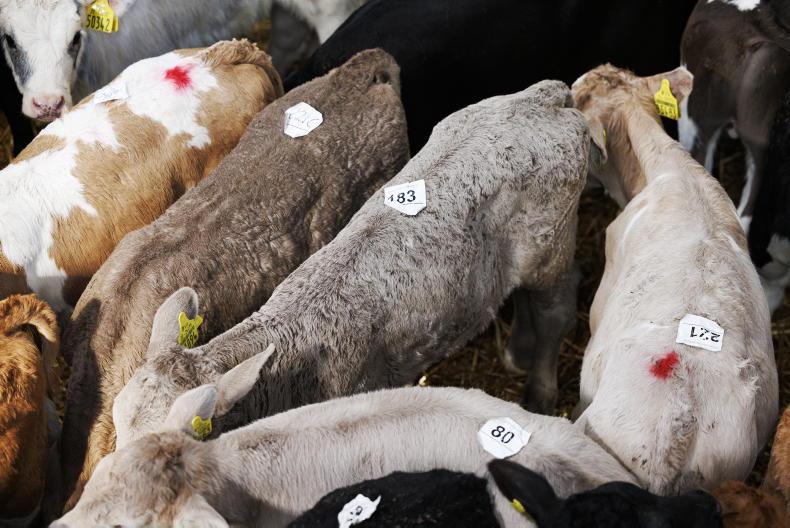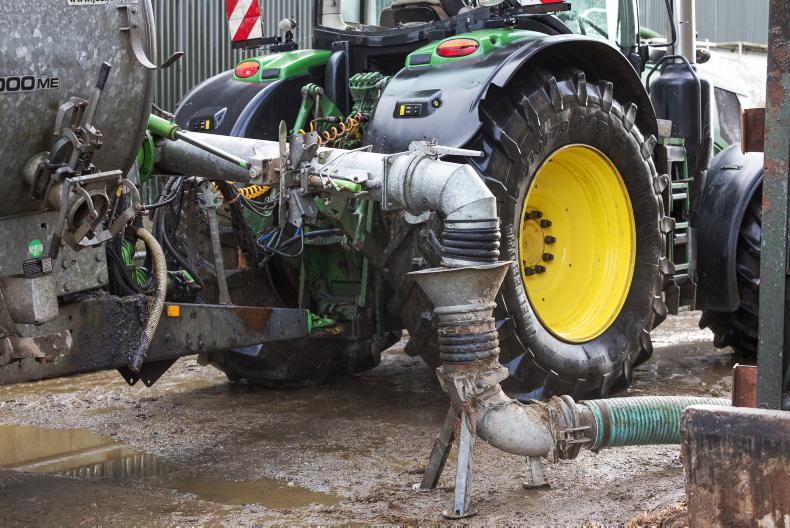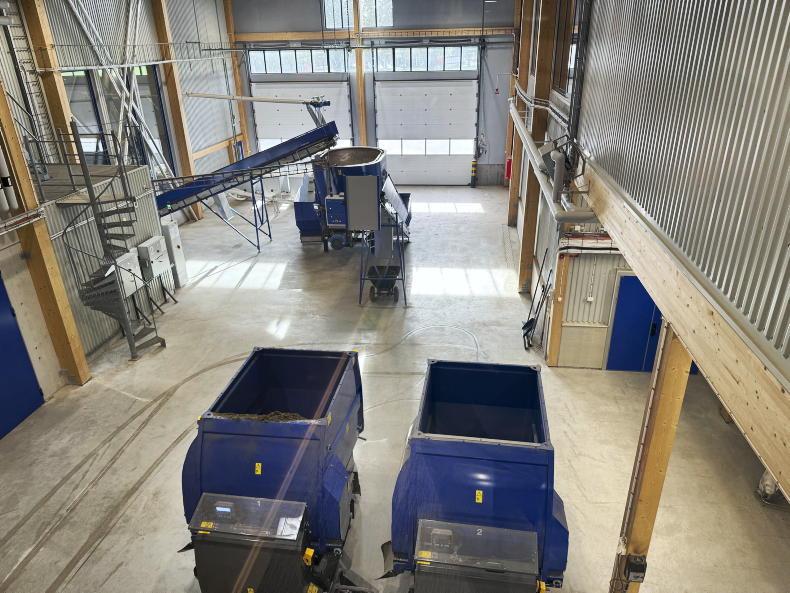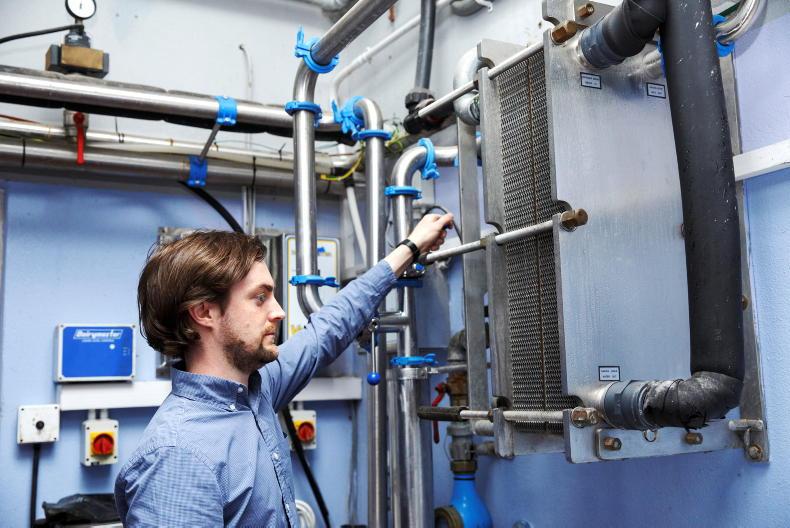A huge gathering of over 600 dairy farmers and industry personnel attended the Animal Health Ireland (AHI) Cell Check awards on Thursday night.
The awards celebrate the top 500 farmers who achieve excellence in milk quality, as nominated by their co-ops.
Farmers from all over the country attended the awards, which are sponsored by FBD, as it was the first ceremony to take place since COVID-19 restrictions ended.
The event was launched by Minister for Agriculture, Food and the Marine, Charlie McConalogue, with a panel forum chaired by Karina Pierce of UCD.
Speaking on the subject of sustainability, Laurence Shalloo, head of animal and grassland research at Teagasc, said that if farmers reduced chemical nitrogen by 30% and switched to 100% protected urea, they would achieve 20% of the emissions cuts required.
“Protected urea is a proven product. We [Teagasc] are about to publish new research showing that protected urea, applied across four sites across Ireland, grows 0.5t DM/ha more grass than urea and the same as CAN,” he said.
David Graham, CEO of AHI, said that a suite of animal health measures can reduce emissions by up to 8%.
Siobhán Kavanagh, who is working on the Signpost Programme for Teagasc, said that farmers are getting more and more engaged on what they can do to reduce the emissions on their farms;
“Farmers are starting to engage more. We see that by attendance at events such as the event at Johnstown Castle during the summer. They want to know the starting point,” she said.
Director of Dairy Industry Ireland, Conor Mulvihill, said that Irish dairy farmers should be proud of the industry that they have achieved.
“We have developed a world leading nutrition industry and are within a hair's breath of being the first sector in Ireland to have a roadmap for emissions reduction and the first dairy sector in the world to have a roadmap with the whole of Government and whole of sector involvement,” he said.
Laurence Shalloo said that Teagasc is going to launch a new sustainability strategy in December, which will enable farmers to know what their emissions number is, to know what they have reduced by and to have a digital way of accounting for it.









SHARING OPTIONS